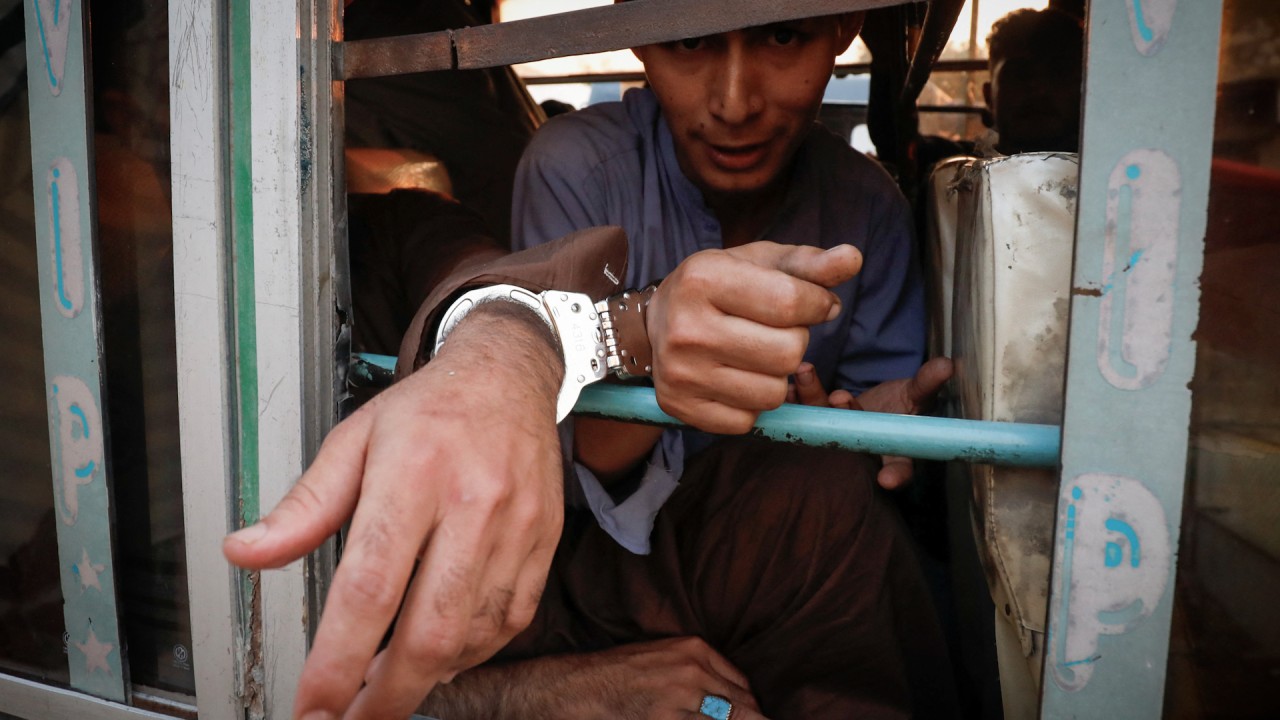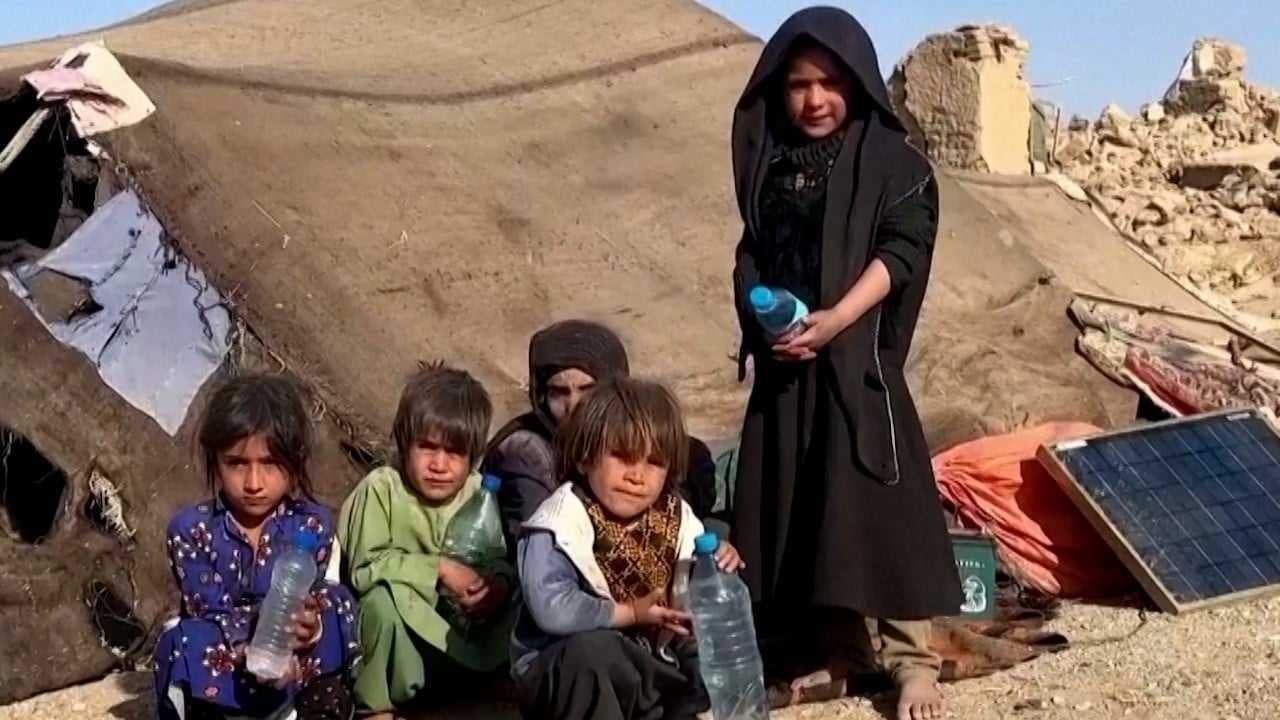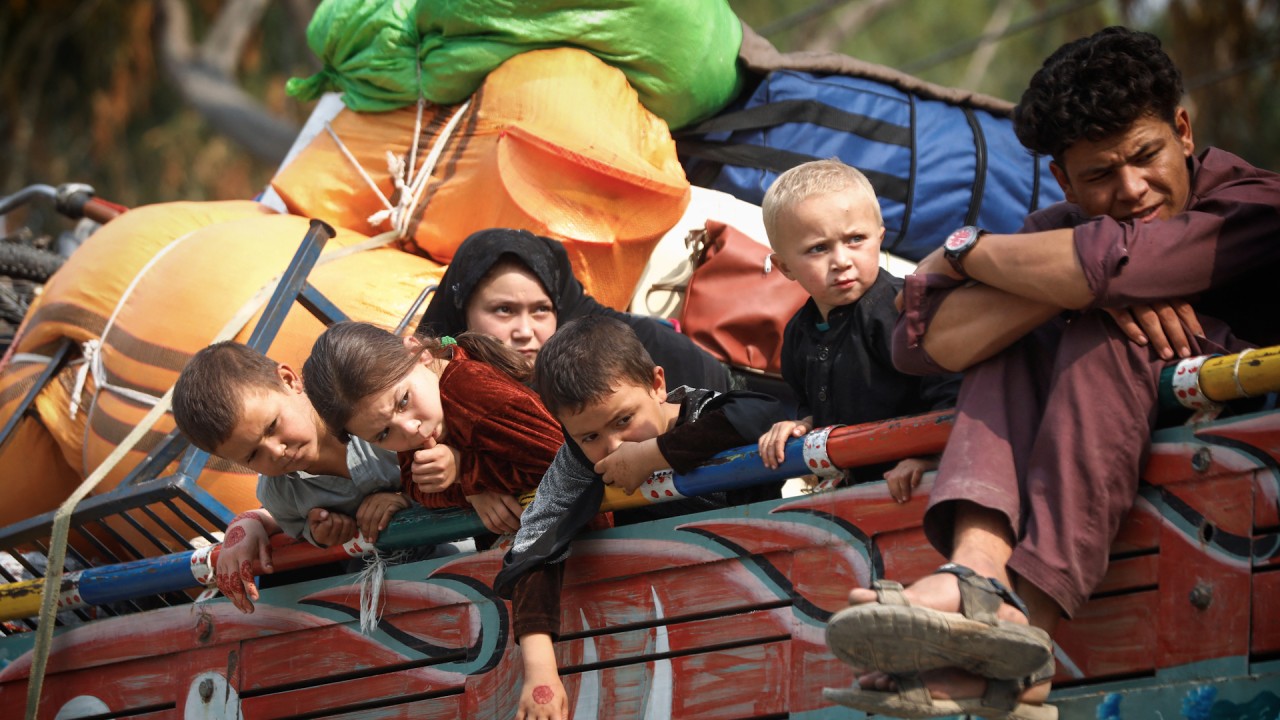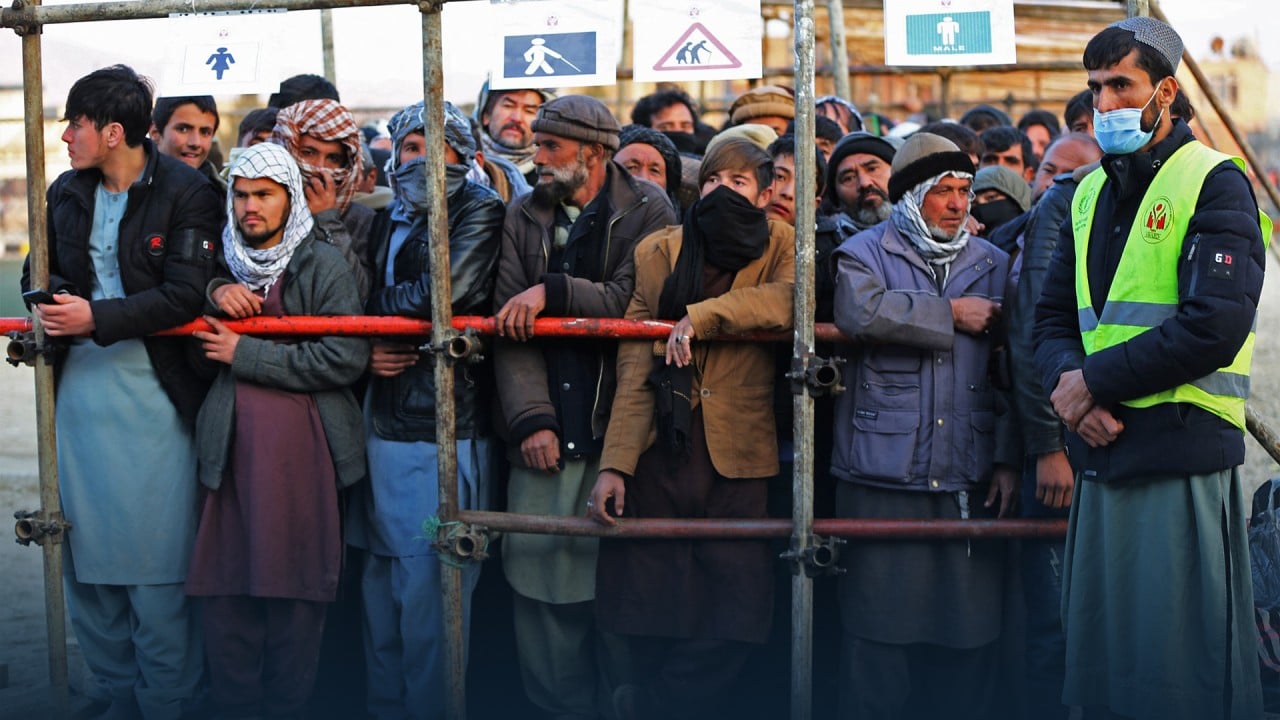Opinion: How China can stop Pakistan from worsening Afghanistan’s humanitarian crisis
[ad_1]
Last month, the United Nations warned of “serious implications” and said the “forced repatriation of Afghan nationals has the potential to result in severe human rights violations, including the separation of families and deportation of minors”.
UN data last month showed there were about 4 million Afghans in Pakistan, including 700,000 who fled after the Taliban regained power. An estimated 1.7 million were in Pakistan illegally. Pakistan is one of the world’s largest refugee hosts with over 1.3 million registered refugees, 99 per cent of whom are Afghans.
Many Afghans have been in Pakistan for years, even decades. Most have no means of seeking asylum as there is either no avenue or because they lack correct documentation. This has left them facing economic hardship with no access to health, education or legal services.
But even this is preferable to returning to Afghanistan and one of the world’s worst humanitarian crises. World Vision reports that over 29 million Afghan people require humanitarian aid, 15 million face acute food insecurity while almost a million children under five need life-saving treatment from starvation and malnutrition.
Amnesty International echoed these concerns last week, saying women and girls in particular would be “in grave danger as they would be exposed to persecution and other serious human rights violations”.
It added: “A significant number of Afghan refugees including journalists, human rights defenders, women protesters, artists, and former government officials and security personnel would also be at imminent risk of persecution and repression by the Taliban, if forced to return to Afghanistan.”
But Pakistan remains steadfast and claims 200,000 have since voluntarily returned to Afghanistan. Pakistan’s acting interior minister Sarfraz Bugti said: “We are going door-to-door, and we have done geofencing. We will detain and deport them.”
But China can play a role in solving this crisis. Beijing has the diplomatic clout and leverage to pressure Islamabad to either cease or delay the expulsions.
China approach offers hope to Afghanistan
China approach offers hope to Afghanistan
At worst, a reprieve would give the Taliban time to prepare for an influx of over a million people and allow international aid organisations to call for more donor funds. It would go a long way towards preventing a brittle Afghanistan from being overwhelmed.
Pakistan has made a reactionary and inhumane decision that threatens to cause a humanitarian catastrophe. Livelihoods will be lost, and many will be sent back to a future without hope or into the dangerous hands of the Taliban.
An opportunity has come for China to play a leadership role and it should take it. Beijing should pressure Pakistan to reverse or delay its decision and respect international law. Not only would this safeguard vulnerable people and save lives, but also allow China to show moral leadership in a region it deems strategically important.
With expulsions under way, there is no time to spare. Leadership needs to be shown or Afghanistan risks falling into the abyss.
Chris Fitzgerald is a freelance journalist and project coordinator for the Platform for Peace and Humanity’s Central Asia Programme
[ad_2]
Source link






 Bonuses for new players
Bonuses for new players